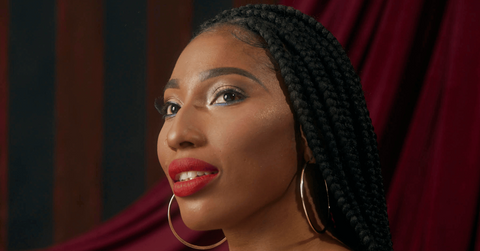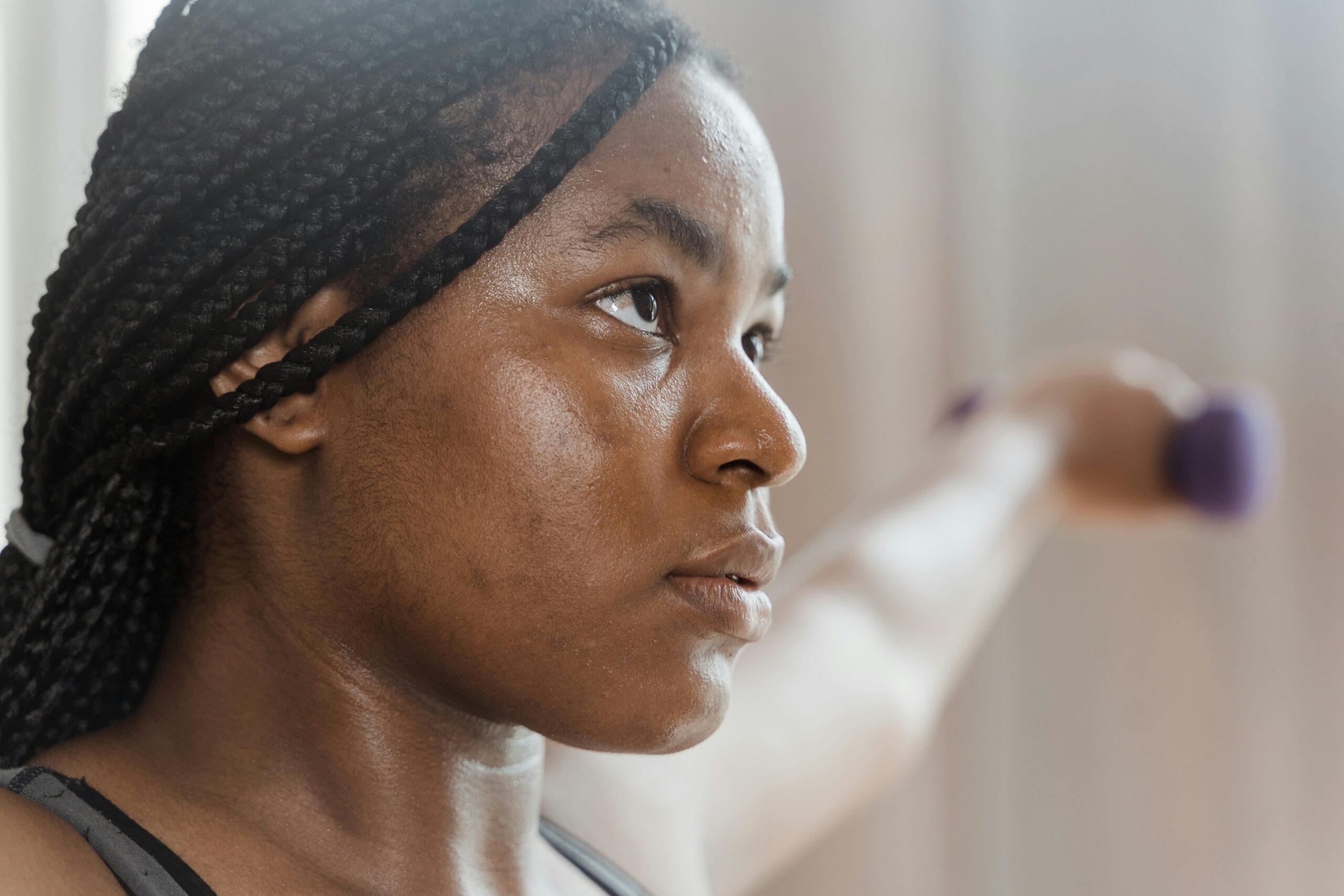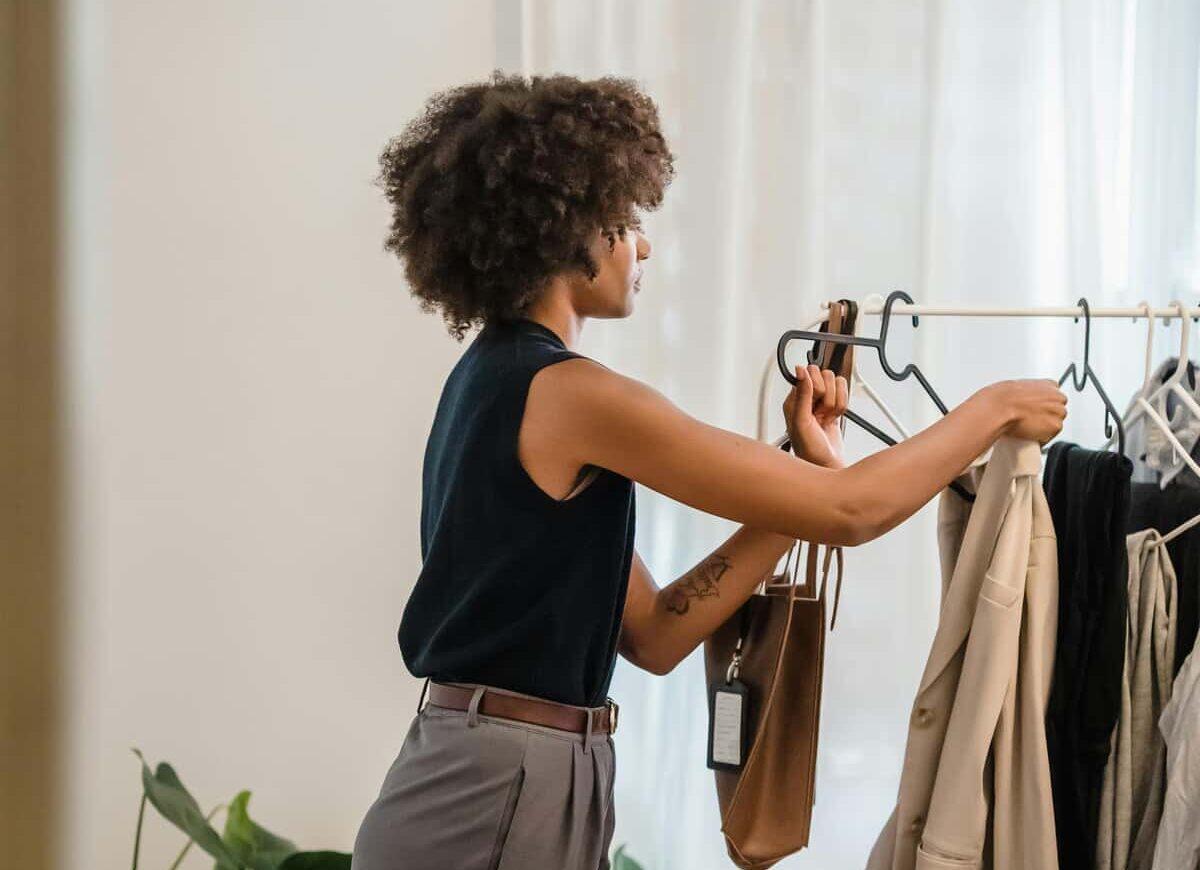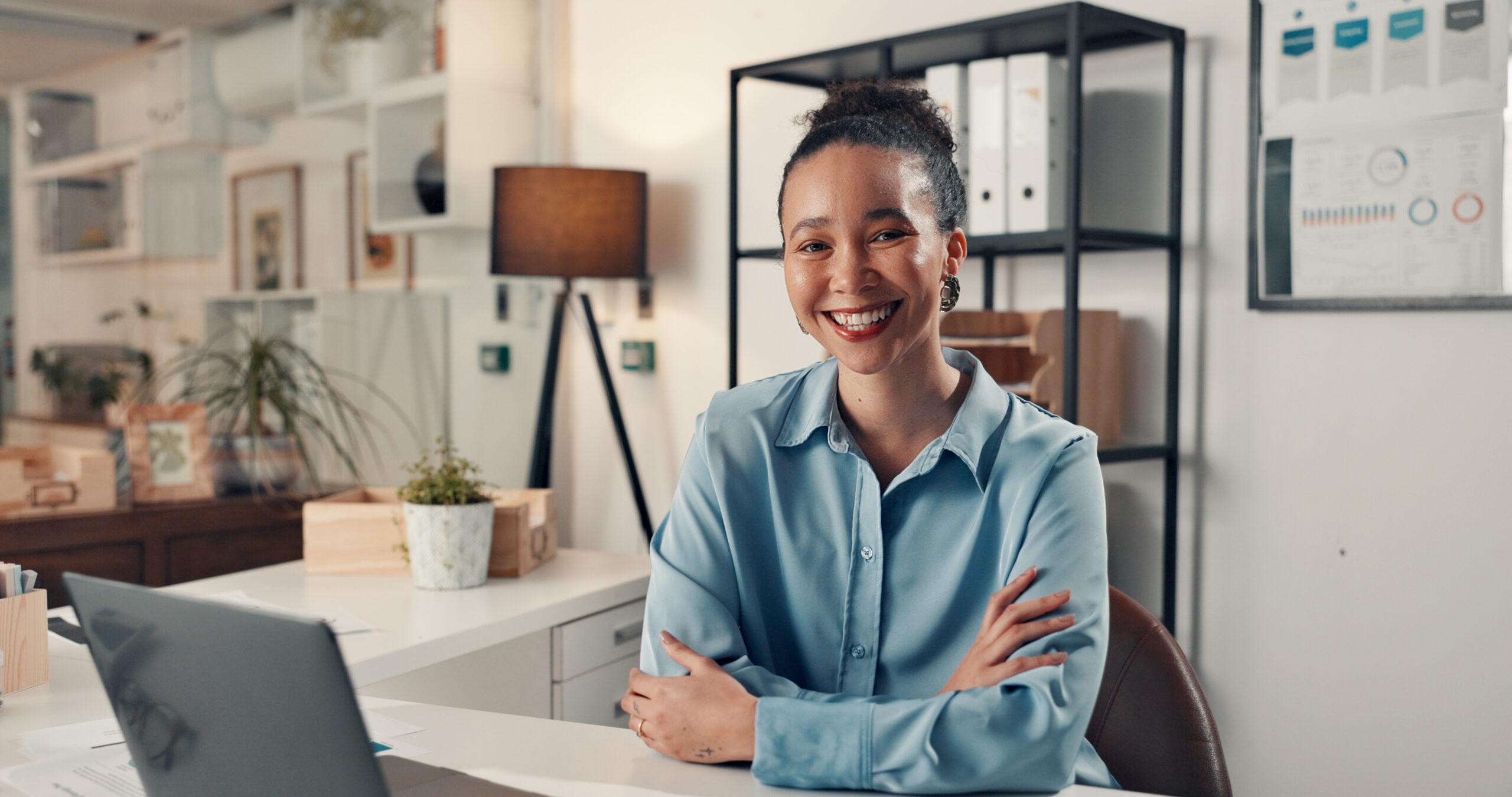No one is above the law and no one should be below it. Knowing that we have a racially biased American legal system, Desireé Talley is determined to help Black Americans know their rights, right now.
After graduating from St. John’s School of Law, Desireé found difficulties getting a job that matched her experience and potential. Refusing to allow a male-dominated industry hinder her success, Desireé started her own private law practice and now reigns as the Vice President of Legal & Business Affairs at REVOLT.
As a creative storyteller, Desireé meshes street and book smarts to authentically influence culture through law. In an effort to break the cycle of artists trapped in unfair deals and contracts, Desireé created the POPLAW podcast to break down the law in a relatable way. After breaking generational curses herself, Desireé is on a mission to help Black Americans gain an advantage within a system not built to support them.
Her Agenda had the chance to speak with Desireé about starting her own private law practice, and one big mistake that she sees creatives make.
Her Agenda:I read that 5% of all lawyers are Black, and even fewer are Black women. What has your experience being Black and in law been like? Do you feel like people have doubted you more than your white counterparts?
Desireé Talley: Being a Black woman and a Black lawyer has definitely had some interesting tales. While I’m happy to be a lawyer and pursue my mission of the protection, education, and advancement of Black people, it has been challenging. I’m the first in my family to go to college and then have a secondary degree. It’s been an interesting learning curve navigating on my own and excelling at the rate that I have. I’m always making sure that I’m prepared [and] that I know what I’m talking about so there’s no reason why I can be questioned on the law or any provisions or agreement that I’m working on. I make sure every negotiation, contract, and discussion I go into is collaborative but also that I’m being firm and aware of anything I do.
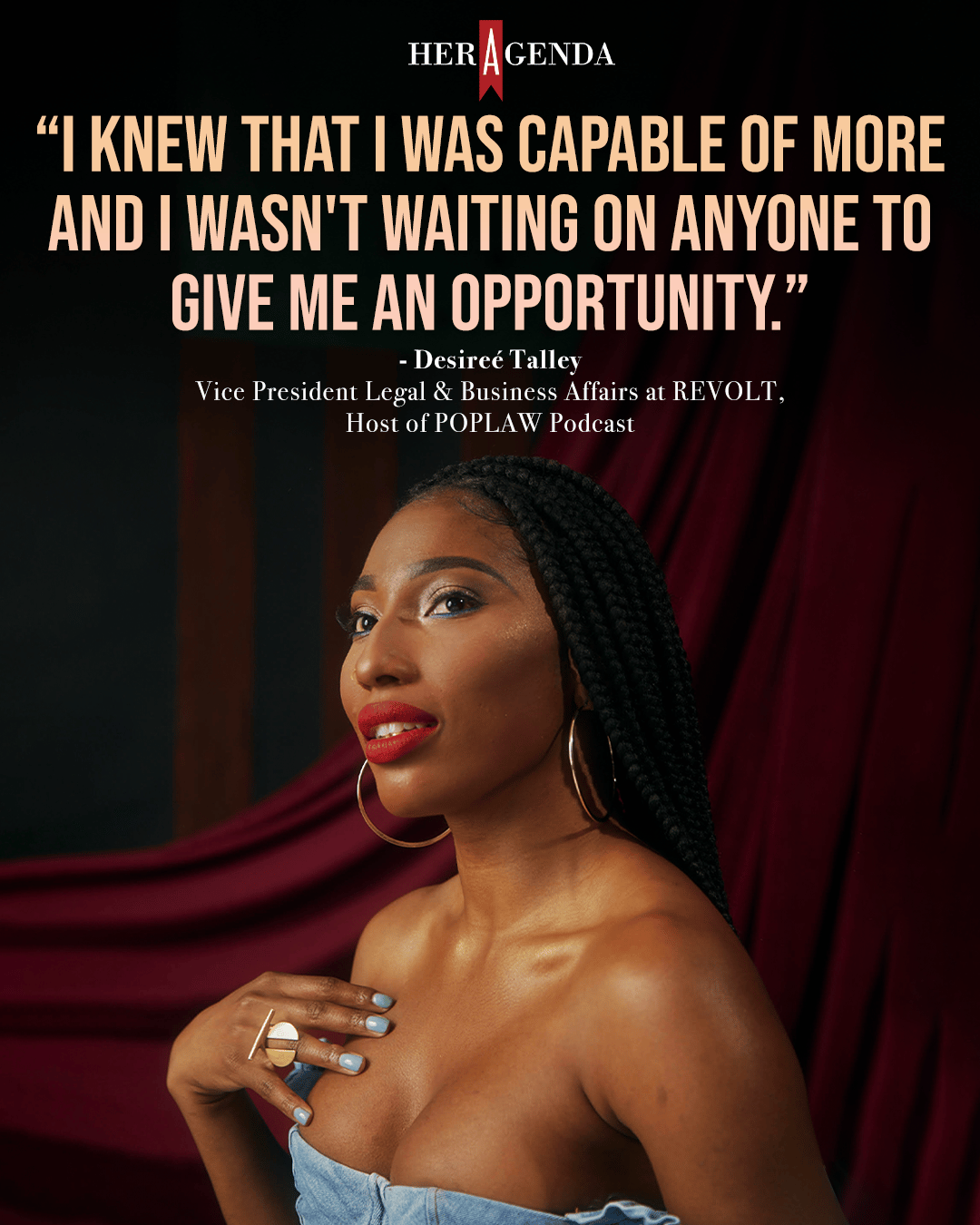
Her Agenda: You are also the founder and principal at Talley Law Group. Were there any roadblocks that you ran into when you decided to start your own private practice?
Desireé Talley: Yes, I started my private practice because I was a lawyer, barred attorney, and it was very difficult for me to get a job in entertainment with that counsel title. I started my career at Viacom as a legal assistant contract manager. I was doing all of these distribution and entertainment agreements and was having a difficult time getting promoted. As I was looking for different roles and opportunities to have the title that I deserved based on the work product that I was putting out, I was getting a lot of pushback because I didn’t have law firm experience in my [then] current title. So, I took matters into my own hands and started my private practice.
I knew that I was capable of more and I wasn’t waiting on anyone to give me an opportunity. Luckily, [from] being a creative and working in the creative space, lots of friends needed a lawyer. For them to have access to me through that company, I didn’t have to do any promo or hunt for any clients. I [helped] my friends and people who looked like me [and] built my reputation and practice as an attorney. I created a path and took it.
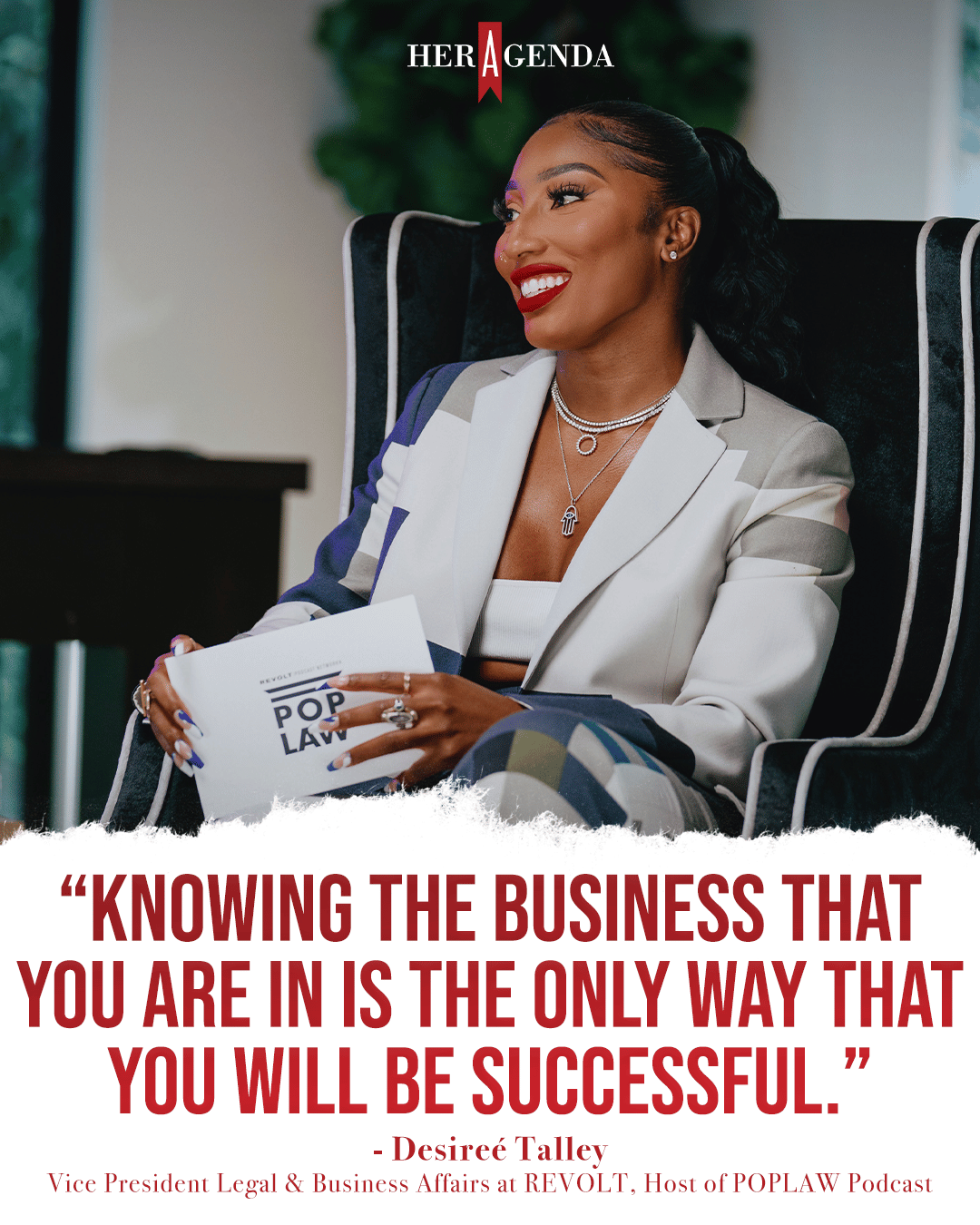
Her Agenda: As the host of the POPLAW podcast, what do you hope listeners take away?
Desireé Talley: POPLAW was started to express the mission that I have of the protection, education, and advancement of Black creatives. A lot of times, we don’t have access to attorneys and don’t know where to find attorneys. We need people who look like us, who understand our culture, where we are trying to go, and our experiences. POPLAW was developed to be that free resource to educate people who don’t have an attorney. [It] lets them find out how they can protect themselves contractually when they’re entering deals, learn about trademarks, and even learn from the mistakes of celebrity lawsuits that we talk about. Anything from contract disputes to copyrights to trademarks, we are talking about it. People who cannot afford an attorney can listen to POPLAW, the answer they need is most likely there.
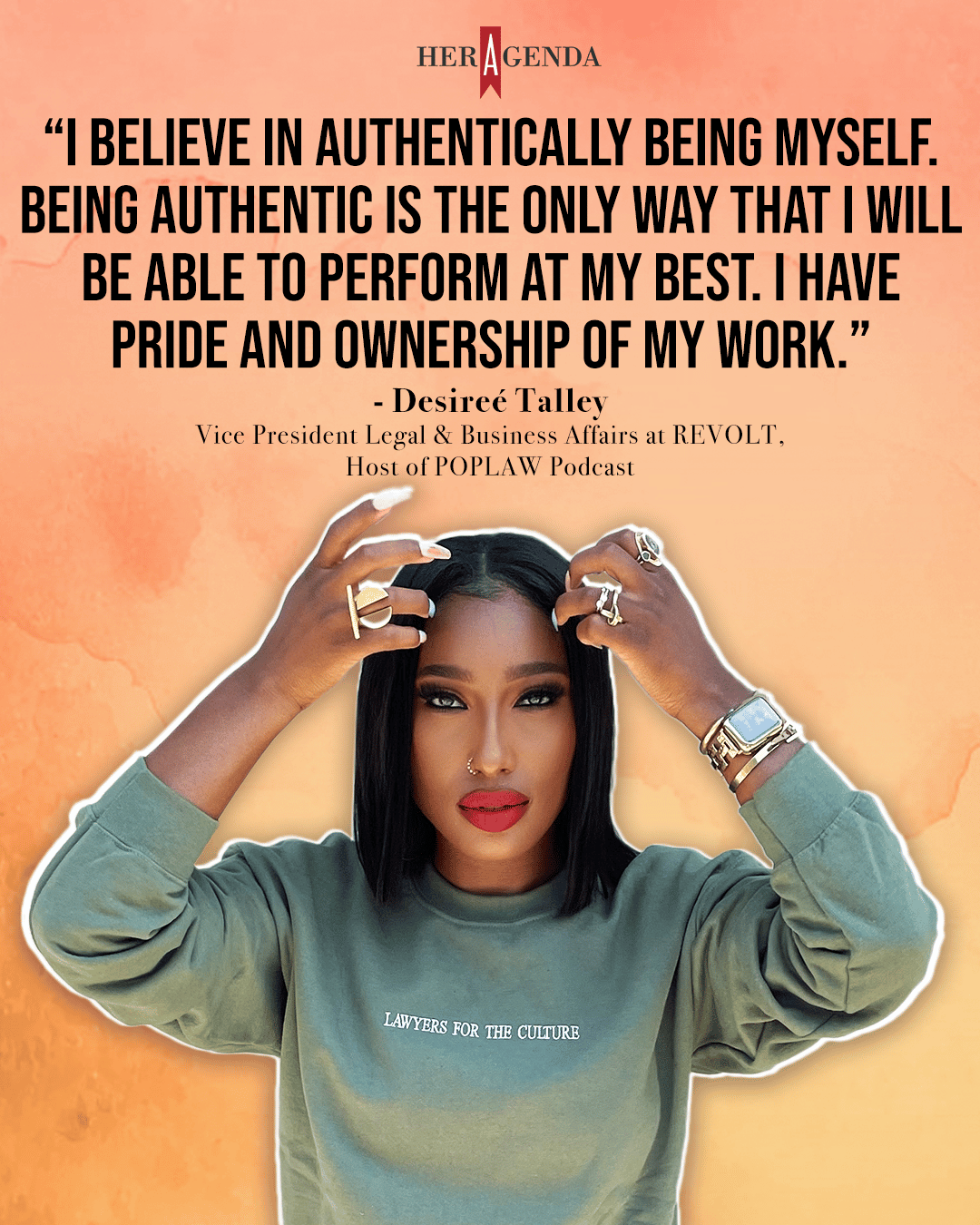
Her Agenda: I want to speak with you about The RAP Act, which is something you spoke about in an episode of POPLAW. Why do you think Hip-Hop is policed more than other music genres?
Desireé Talley: Hip Hop is policed more than other genres because we really are the pulse of the culture. Everybody wants to be Black but they do not want our blues. No matter what country you go to, you can hear someone listening to a rap song and it is really what gets the party started. The powers that be understand the power that our culture has. If a celebrity wears a brand, people are going to dress like them. [Listeners] try to mimic what rappers say in their lyrics, whether it’s entertainment or not. [It] scares people for us to have that impact across all races.
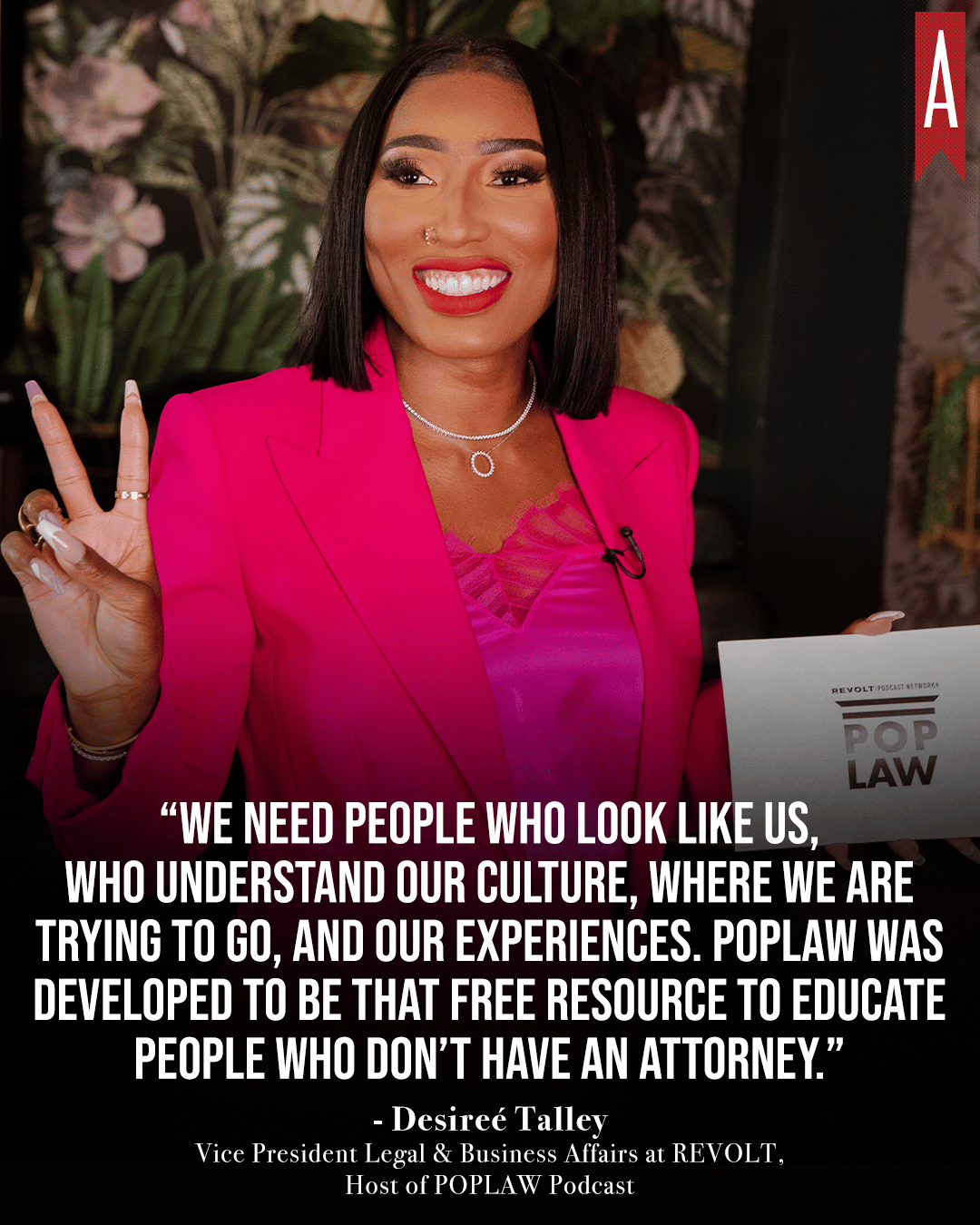
Her Agenda: You oversee a lot of legal affairs in entertainment as you are the VP of Legal & Business Affairs at REVOLT. The entertainment business is something that so many people want to get into but very few understand. What is a common mistake that you see artists or creatives make from a business or legal standpoint?
Desireé Talley: Not having their paperwork in order. The number one person that an artist needs on their team is a lawyer. A lawyer that understands them, a lawyer that understands where they want to go and will take the time to not only make sure they’re protected contractually but also make sure that they understand their agreement. When I started my practice, Talley Law Group, I only took on clients who wanted to know the business that they were in. I gave them assignments. If I was doing a contract, I made them read it. In the beginning, I would intentionally put a typo in there because that would let me know if they actually read the contract. Knowing the business that you are in is the only way that you will be successful.
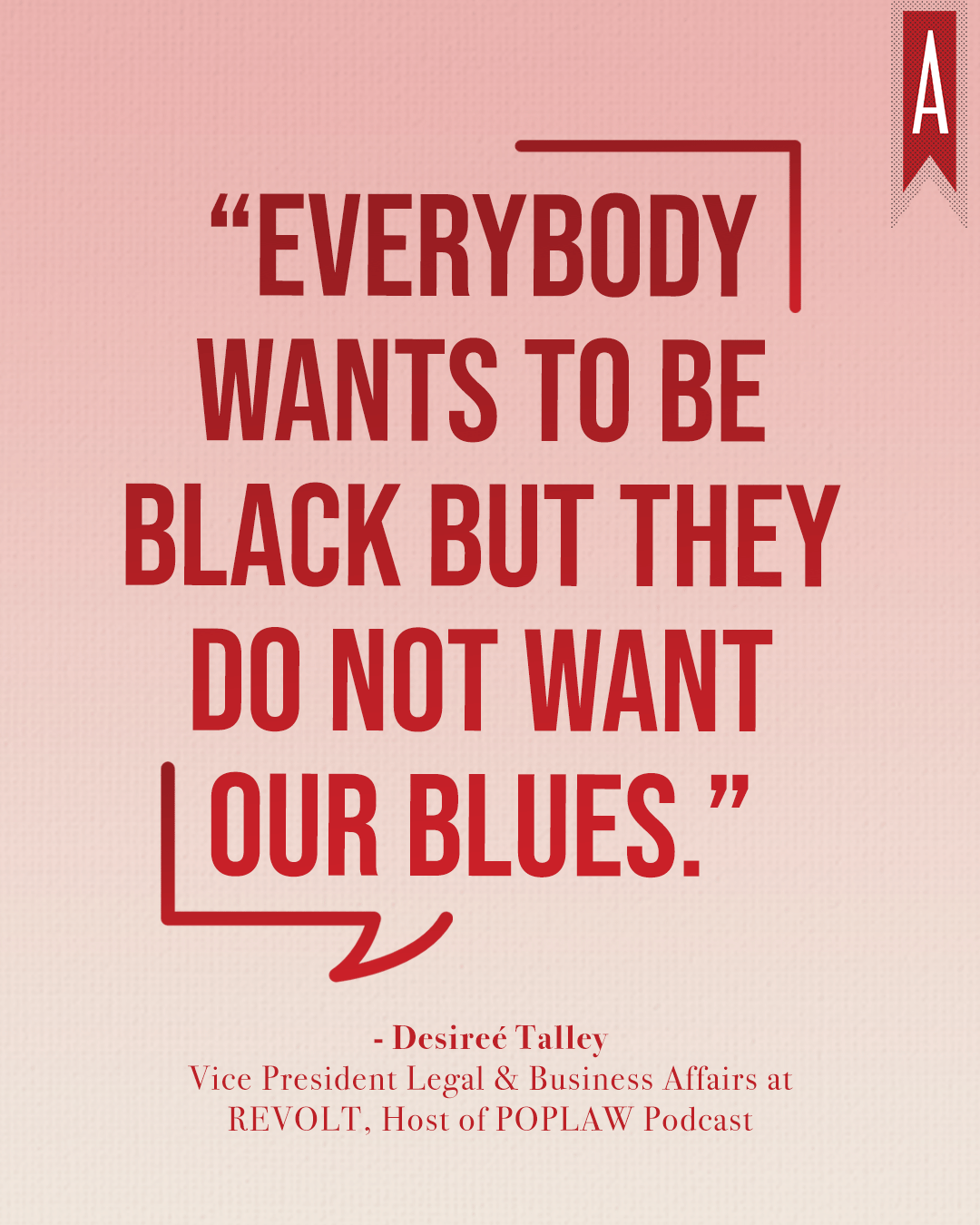
Her Agenda: In your professional life, have you ever tried to hide yourself by dressing differently because you felt you wouldn’t be taken seriously?
Desireé Talley: Fortunately, I have not had that experience [because] I believe in authentically being myself. Being authentic is the only way that I will be able to perform at my best. I have pride and ownership of my work. If I don’t feel good, I can’t do good work. One thing that I do run into is the comment, ‘You don’t look like an attorney.’ So, I will ask people who say that to me, ‘What does an attorney look like?’ And then, they don’t have anything to say.
I take it as a compliment because they don’t expect [for] me to be an attorney and I know that I’m most likely the smartest person in the room. I can tell them what’s happening or they might freely talk [without] knowing who they are sitting next to because they aren’t expecting me to have the credentials that I do have. I wear braids, I have a nose ring, I wear red lipstick all the time, and I wear my gold grill. I love to dress up in suits, but I’m also not afraid to throw on a sweatsuit and some lounge clothes. I’m going to be authentically me no matter what.
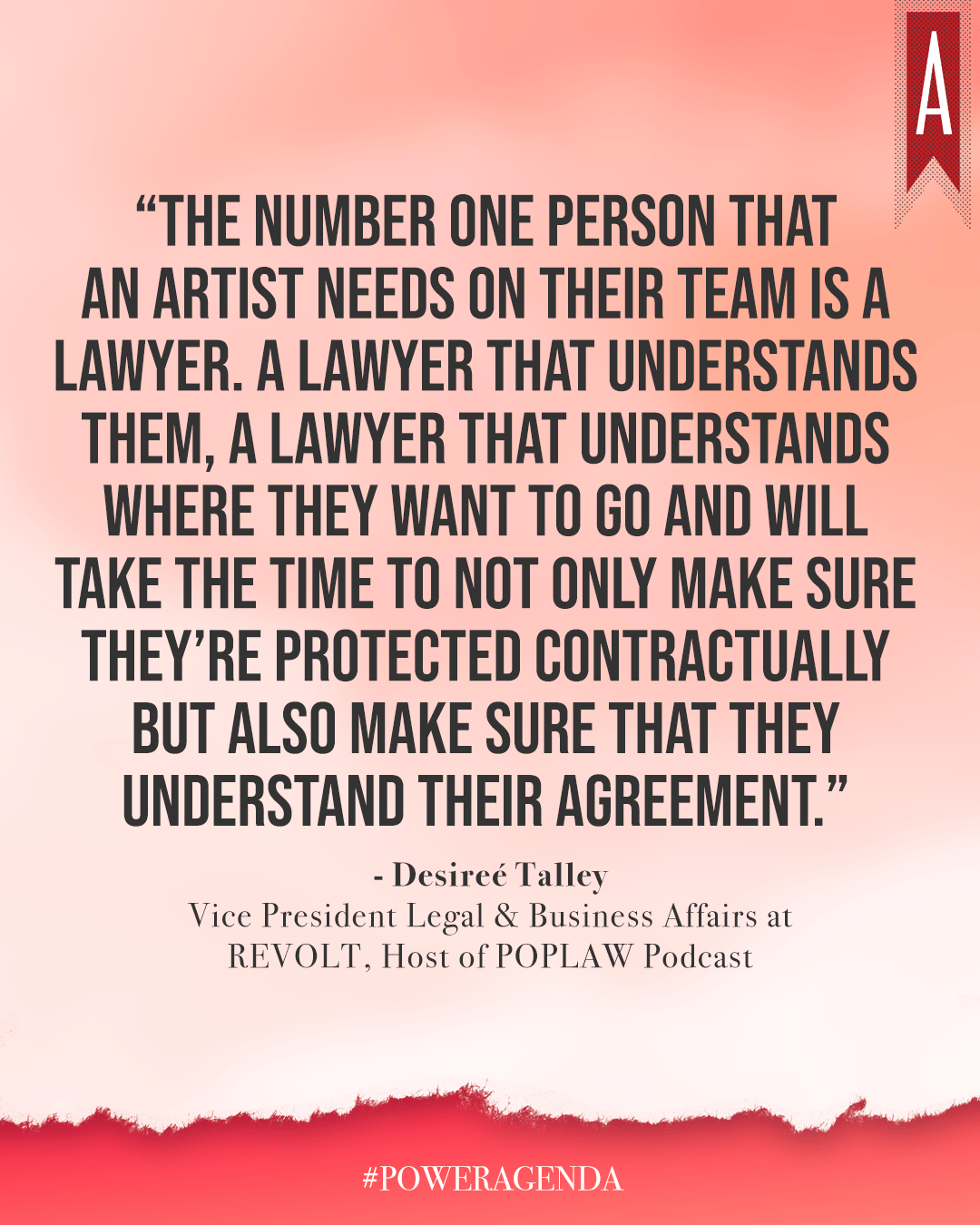
Her Agenda: You were recently nominated for attorney of the year by The Galentines Day Gala. Congratulations! How does it feel to be acknowledged in such a big way?
Desireé Talley: Being nominated for attorney of the year was great. It’s great to be nominated by your peers and people who look like you. I’m very excited about this nomination. I work really hard at my job at Revolt, I work hard for my clients, and [doing] PopLaw. I’m very passionate about being an attorney and making sure that we don’t continue to have stories [of] a very popular artist, who signed a horrible contract, made millions of dollars, and then years later they’re broke. If there are things that I can do to help them, I do. Soon, I’ll find out if I won or not, but being nominated is a win.
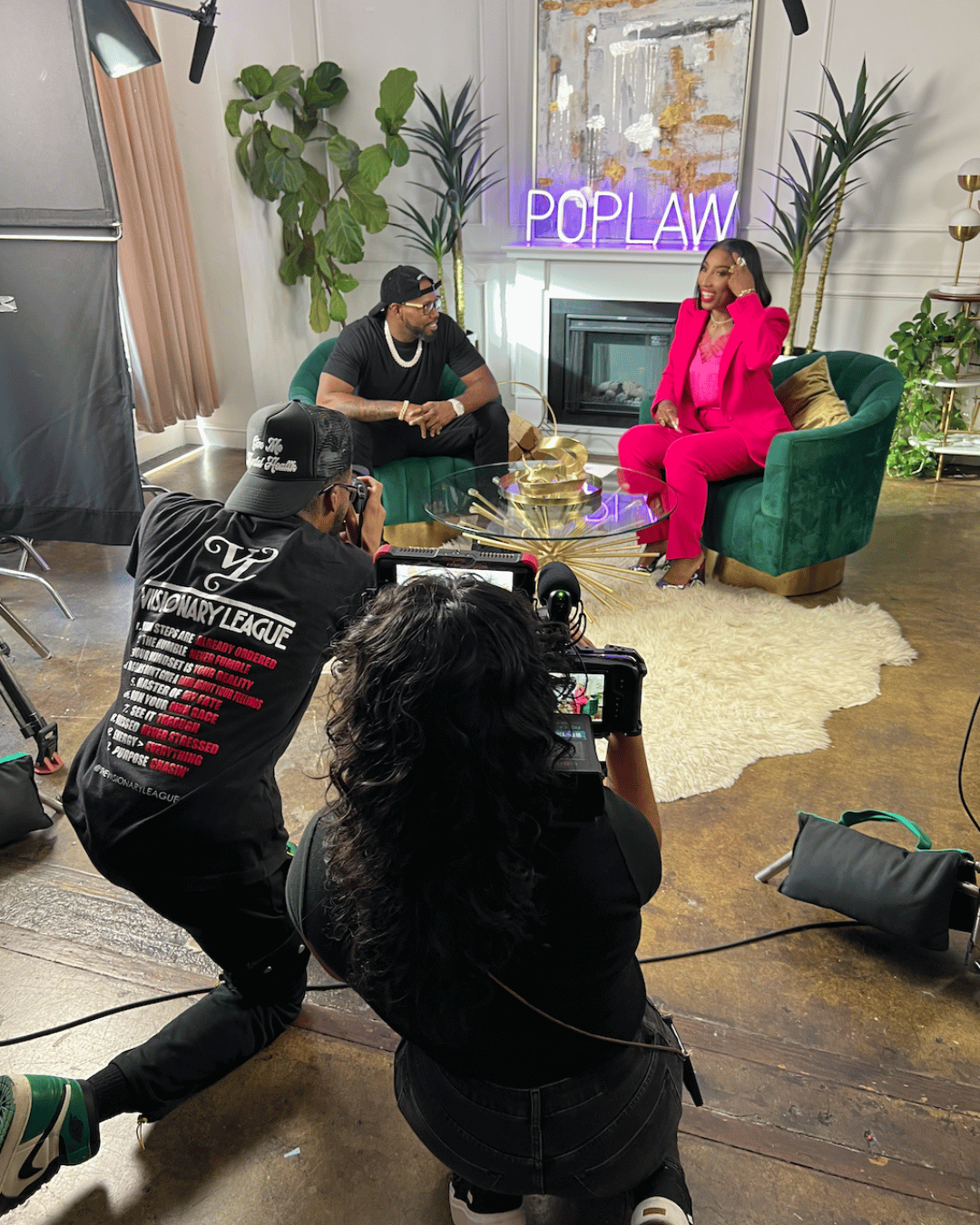
Her Agenda: You are someone who represents #BlackGirlMagic. How do you embody that in your everyday life?
Desireé Talley: I love being Black and would not be anything else. I represent that by being authentic. I am who I am. What you see is what you get. I want to always put my best foot forward and try to be a great friend, a great wife, and make sure that I uplift my community [by] being positive. You won’t see me on social media fighting with anyone or making anyone feel bad about themselves. I feel like representing excellence, which is different for everyone, is something that I try to do. Nothing less than my best is #BlackGirlMagic to me.
[Editor’s note: This interview has been edited for length and clarity.]

